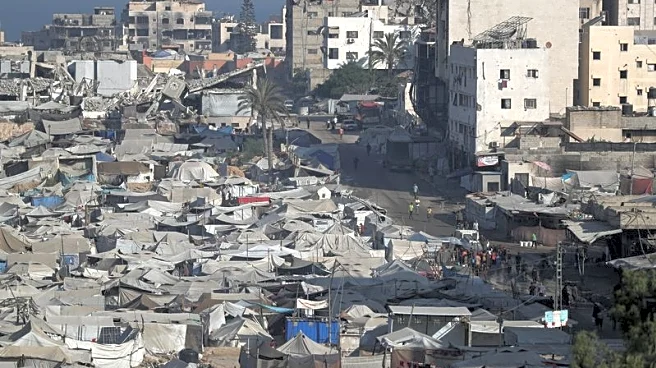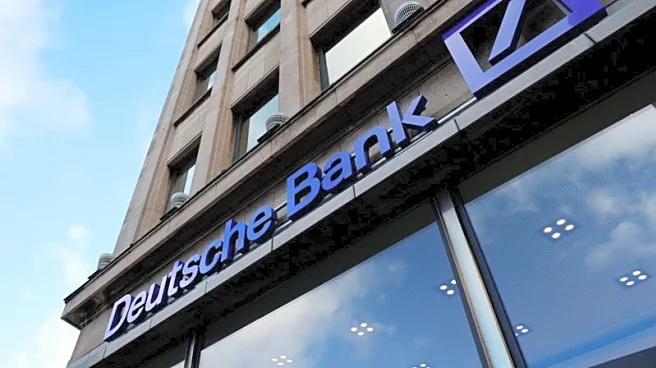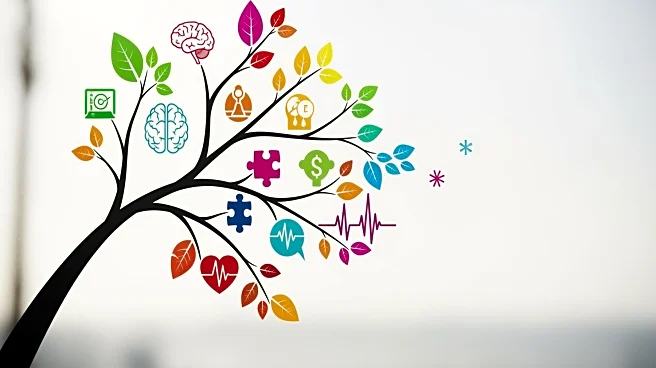(Reuters) -Major European powers have said they could recognise an independent Palestinian state in coming weeks. What would that mean for the Palestinians and Israel?
WHAT IS THE STATUS OF PALESTINIAN
STATEHOOD NOW?
The Palestine Liberation Organization declared the independence of a Palestinian state in 1988, and most countries in the global South quickly recognised it. Today, 147 of the 193 member states of the United Nations have recognised a Palestinian state, most recently Mexico in January 2025.
Israel's main ally the United States has long said it intends to recognise a Palestinian state eventually, but only at the end of negotiations between the Palestinians and Israel on an agreed "two-state solution". Until recent weeks, this was also the position of the major European powers. Israel and the Palestinians have held no such negotiations since 2014.
A delegation officially representing the State of Palestine has permanent observer status but no voting rights at the United Nations. No matter how many individual countries recognise Palestinian independence, full U.N. membership would require approval of the Security Council, where Washington has a veto.
Palestinian diplomatic missions worldwide, including the mission to the U.N., are controlled by the Palestinian Authority, which is recognised internationally as representing the Palestinian people.
The PA, led by President Mahmoud Abbas, exercises limited self rule in parts of the Israeli-occupied West Bank under agreements with Israel. It issues Palestinian passports and runs the Palestinian health and education systems.
In the Gaza Strip, administration has been under the control of the Hamas militant group since 2007, when it drove out Abbas's Fatah movement, although the PA still funds many salaries.
WHO IS PROMISING TO RECOGNISE PALESTINE AND WHY?
Britain, France, Canada, Australia and Belgium have all said they will recognise a Palestinian state at the United Nations General Assembly later this month, although London said it could hold back if Israel were to take steps to ease the humanitarian crisis in Gaza and commit to a long-term peace process.
The countries say these moves are intended to put pressure on Israel to end its assault on Gaza, curtail the building of new Jewish settlements in the occupied West Bank and recommit to a peace process with Palestinians.
French President Emmanuel Macron, the first leader of a major Western power to endorse recognition, has said the move would be accompanied by a commitment by the PA to enact reforms, which would improve Palestinian governance and make the PA a more credible partner for the post-war administration of Gaza.
WHAT HAS RECOGNITION MEANT IN PRACTICE?
Those who see recognition as a largely symbolic gesture point to the negligible presence on the ground and limited influence in the conflict of countries such as China, India, Russia and many Arab states that have recognised Palestinian independence for decades.
Without a full seat at the United Nations or control of its own borders, the Palestinian Authority has only limited ability to conduct bilateral relations. There are no missions with the status of embassies in Palestinian territory, and countries cannot freely send diplomats there.
Israel restricts access for trade, investment and educational or cultural exchanges. There are no Palestinian airports. The landlocked West Bank can be reached only through Israel or through the Israeli-controlled border with Jordan, and Israel controls all access to the Gaza Strip.
Still, countries planning recognition and the PA itself say it would be more than an empty gesture.
While Western countries considering recognition have not made explicit commitments to provide additional funding to the PA, the Palestinian ambassador to the United Kingdom, Husam Zomlot, said recognition could lead to strategic partnerships.
"We will stand at equal footing," he told Reuters, adding that every avenue will be pursued "to bring an end to the insanity and to the mistakes of the past".
Recognising Palestinian independence could also require countries to review aspects of their relationships with Israel, said Vincent Fean, a former British consul general to Jerusalem.
In Britain's case, this could result in steps such as banning products from Israeli settlements in occupied Palestinian territories, he said, although such moves could also be seen as "symbolic in that sense that those goods are a pinprick in the overall size of the Israeli economy".
HOW HAVE ISRAEL AND THE UNITED STATES REACTED?
Israel, facing a global outcry over its conduct in the Gaza war against Hamas, has reacted angrily to recognition gestures, which it says would reward the Palestinian militant group for the October 2023 attacks that precipitated the war.
After decades during which Israel was formally committed to a peace process ending in Palestinian independence, Israel is now run by the most far-right government in its history, including parties who say their mission is to make it impossible for the Palestinians ever to gain a state.
Prime Minister Benjamin Netanyahu says Israel will never give up ultimate security control of Gaza or the West Bank.
The United States strongly opposes any move by its European allies to recognise Palestinian independence. It has responded by imposing sanctions on Palestinian officials, including denying and revoking visas which will block Abbas and other PA figures from attending the U.N. General Assembly in New York.
(Reporting by Kate Holton in London, Mohamed Ezz and Alexander Dziadosz in Cairo, James Pomfret in Beijing Ahmed Rasheed in Baghdad, Ali Sawafta in Ramallah and Nidal al-Mughrabi in GazaWriting by Michael GeorgyEditing by Peter Graff)









